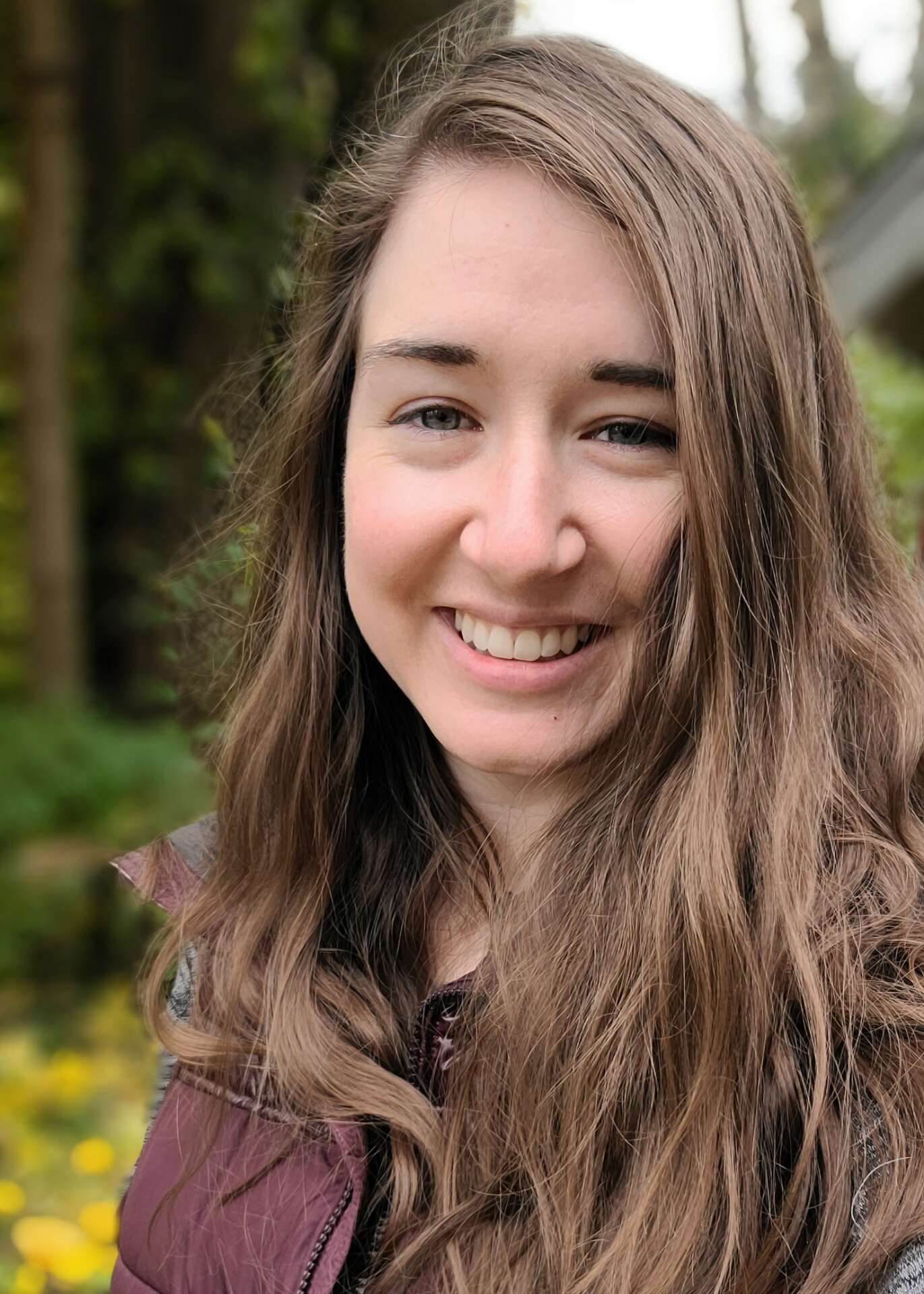We were lucky to catch up with Kara Long recently and have shared our conversation below.
Kara, thanks for taking the time to share your stories with us today So let’s jump to your mission – what’s the backstory behind how you developed the mission that drives your brand?
When I was little, verbal storytelling was really important in my family. Both of my parents read to me every night. My dad and my Aunt Pat, both teachers and writers, told me stories and encouraged me to write. My dad and I would sit out on our front porch during thunderstorms, and he’d teach me about the relationship of thunder and lightning and make up stories about two young girls my age who went on these adventures and camping trips. I had a happy, vibrant childhood. I remember going up into the attic of my house with a flashlight and pretending to be Indiana Jones, looking for relics of the past that would lead to treasure.
When I was 12, we tragically lost my older brother, Brian when he drowned. Less than a year later, my dad went into the hospital due to a rare disease they didn’t find in time, and four months later, he was gone. Around the same time Dad went into the hospital, Aunt Pat was diagnosed with Stage 4 Breast Cancer. My paternal grandma, who I had been very close with, passed when I was seventeen. Aunt Pat, who had battled breast cancer for nine long years, passed when I was 21. And I lost my remaining two grandparents around the time I turned 25.
Losing so many of my loved ones early in life forced me to grow up with a different perspective, and it took many years for me to realize that the memories I assumed I’d still have of all of them were faded, homogenized, or entirely gone. Memory loss is usually attributed to disease or old age, but I realized it’s actually happening all the time. And when memories are the only thing you have left of someone you love, they become all the more important to keep.
Flash forward to 2019. I’d just left my job as a 3D modeler seeking something more meaningful. I had a background in writing, music, art, design, and storytelling–and I had these soft skills of empathy, compassion, understanding grief, and curiosity. I wanted to do something, but I didn’t know what. I was training to be a transcriptionist when my husband’s aunt asked us if we could help her record some of then 95-year-old Uncle Al’s World War 2 stories when she came into town. She didn’t know how to set up the camera or work with the video files, but I did, so I helped and sat and listened to his incredible stories that I’d never heard before.
I didn’t know it at the time, but that invitation to help turned into a calling so strong I just couldn’t get it out of my head. It felt as though everything in my whole life had happened and played out so that I could be perfectly prepared to help families never lose the stories and memories that connect them to their loved ones. I knew nothing about business–had never even taken a class. I had never networked before. I had no clue what I was doing. I just knew that it needed to be done–that this work needed to be done, and I was meant to be doing it. So I jumped in, and I haven’t looked back.
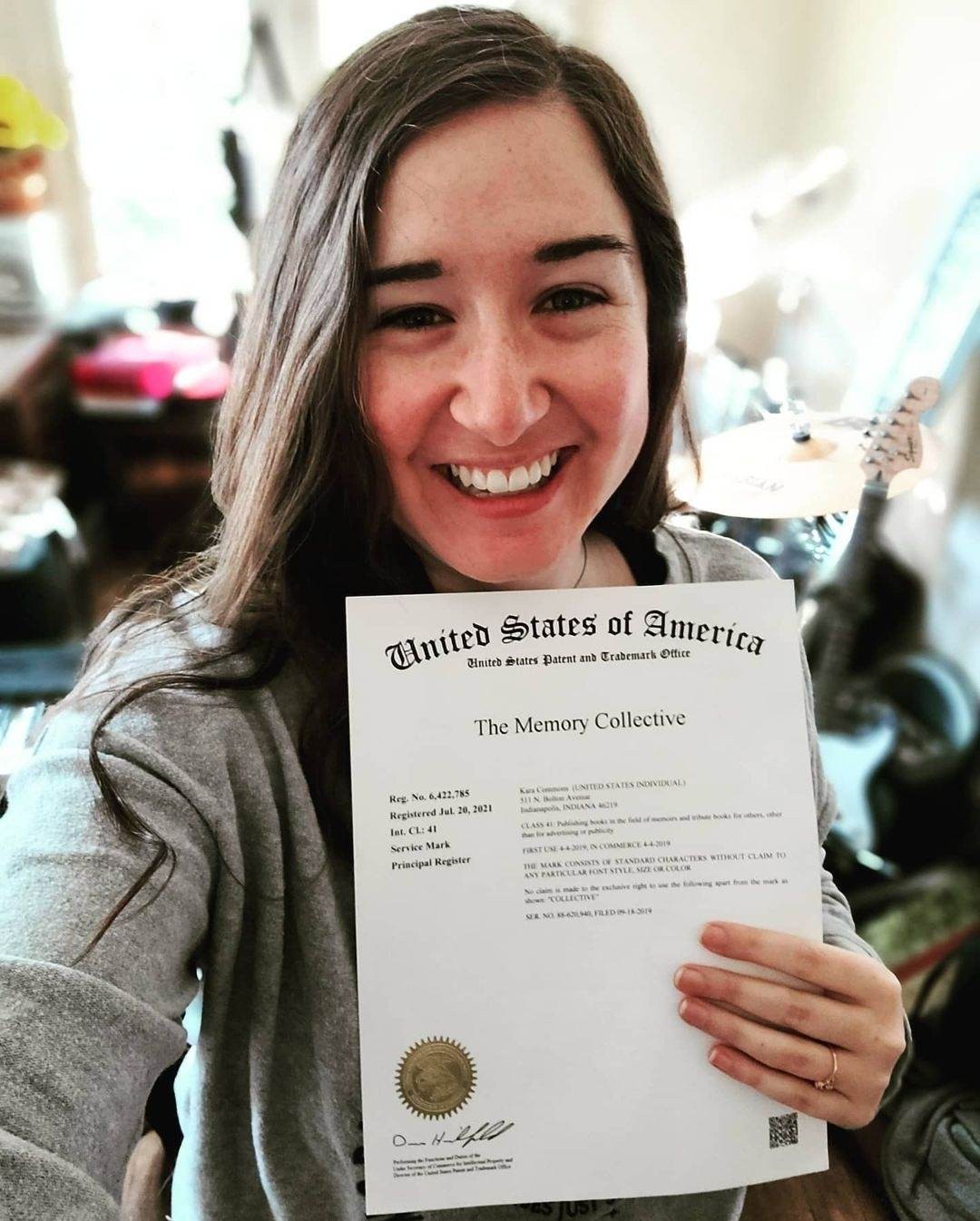
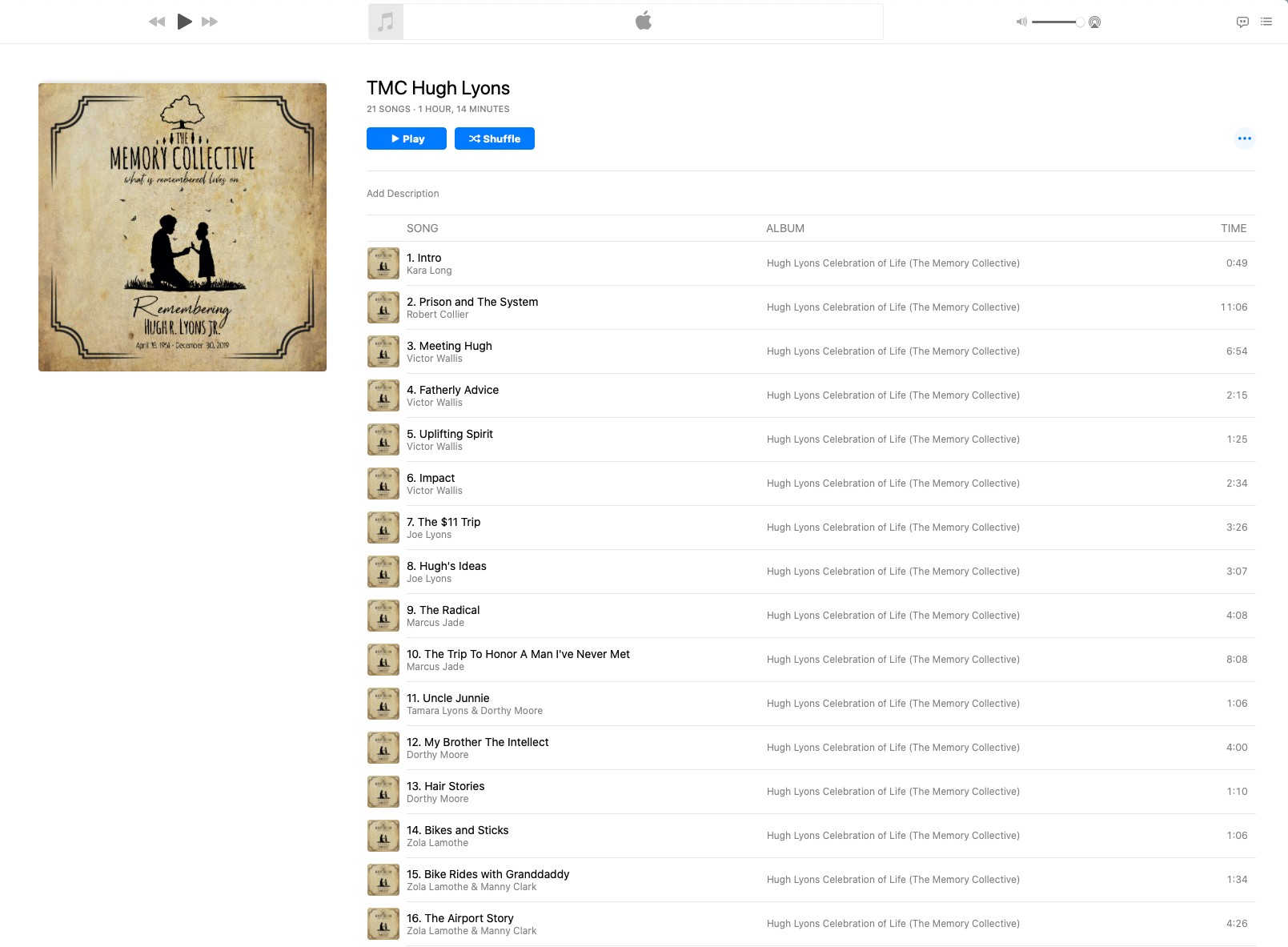
![]()
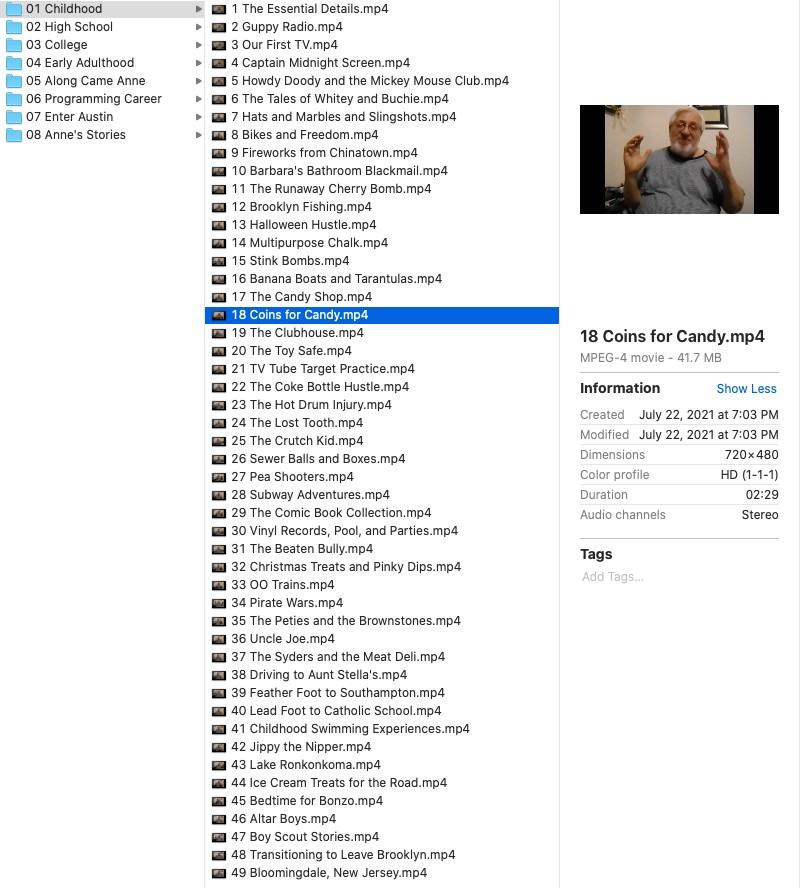
Great, appreciate you sharing that with us. Before we ask you to share more of your insights, can you take a moment to introduce yourself and how you got to where you are today to our readers
About Me: My name is Kara Long. I’m from Indianapolis, Indiana. I grew up half in Irvington, which is a little historical town on the east side of Indianapolis, with my dad, and half in Greenwood with my mom and step-dad where I went to school. I was in marching band and winter percussion in high school, which had a really big impact on my life. After high school, I attended IUPUI in Indianapolis, getting a degree in Music Technology and then, after realizing 3.5 years into that degree that I didn’t want to work in a recording studio or set up AV equipment, I added a second degree in Media Arts and Science. In my second degree, I primarily studied 3D modeling and fell in love with the craft. I thought that’s what I was going to do with the rest of my life–modeling environments for some huge FX company in Hollywood. But the stress of the industry and a longing for a job that would give back something more impactful to the world motivated me to take a leap of faith to figure out what that was. Turns out, I had to create the job for myself!
Types of Services:
Everything we do at The Memory Collective (TMC) centers around the idea of preserving family legacy through recorded oral storytelling. We work with people of all ages, but we are especially focused on reaching the most at-need populations–the people who are statistically more likely to lose the ability to pass down their stories either because of memory loss, disease, stroke, or death. Our most popular service is called a Recorded Oral Storytelling Project (ROS Project for short). In a ROS Project, we work directly with an individual or family to identify what stories, topics, and specific memories they are interested in capturing. We draw those memories out and record them by meeting on Zoom calls and having the individual answer questions about their life and tell their stories. Then the recording of that call gets turned into a series of labeled videos that makes it easy to find the exact memory you’re looking for, share it with another family member, or explore that person’s lifetime with a future generation. We also help you think about the legacy of these files–who you want them to be passed down to, where they’re stored, etc.
Problems The Memory Collective solves:
The first and most important problem we are trying to solve is raising awareness that there is, in fact, a problem. The problem is most people don’t think to record their loved ones’ stories until there is a crisis or a loss. It’s the diagnosis of Alzheimer’s and dementia, the stroke, the progression of MS, or the death that makes people realize–too late–“I should have recorded Mom’s stories! Why didn’t I think to DO that until just now?” If we can get people thinking about this when Mom is still healthy and here, then the tragic loss of her living memory can be avoided.
People live with this buried dread of losing their loved ones (parents especially), losing the connection they have with them and, though they may not realize it until later, losing the sound of their loved one’s voice. If Alzheimer’s runs in someone’s family, they fear their loved ones or even themselves getting diagnosed. We can’t prevent disease or death, but we can prevent permanent memory loss–in the sense that if you’ve recorded your memories, and you forget them later, they are recoverable by simply watching the videos you made. And so long as they are passed down in a family, they will never be lost. I have even had a client tell me his aunt with Alzheimer’s returned to lucidity after watching the videos we made of her brother telling stories from their childhood. It’s powerful stuff.
There are many more problems we solve, such as how to even approach and tackle trying to capture a person’s entire life story; recording and organizing what we create so less tech-savvy people don’t have to pull their hair out trying; reducing time expended for people who are incredibly busy; plugging in holes and gaps in family’s heritage and knowledge; giving attention and respect and a listening ear to elders who may feel forgotten; and even making sure the other memory artifacts we have (photos, videos, scrapbooks, genealogy records, and handmade relics) are incorporated into projects and detailed out so they never lose their context to future generations. But the other big problem we solve is accountability. People WANT to do these projects, but they are fighting the very human instinct to procrastinate and avoid and defer good intentions to some always-future date. We help people get this DONE and feel relief that their loved one’s stories are safe, and that kids and grandkids and future generations will really know this person they love so much–even if they couldn’t have known them in life. The big takeaway is we help prevent regret and provide peace of mind.
What sets TMC apart:
Presently, you won’t find a lot of other companies doing what we do. There is a real need in the world for this, which is one of the reasons I took up this mission. But for those who take photos or videos or make scrapbooks or fill out those legacy books, I would say–keep doing that! And. Give Recorded Oral Storytelling a chance to prove it’s the glue that holds all those other incredible crafts together. Think about it. A hundred years from now, is anyone going to know who’s in that picture? Where it was taken? Why it it was significant to you? Don’t we all have faded antique photos of strangers we know we’re related to? Use Recorded Oral Storytelling to complement those artifacts.
If you did come across any other companies doing what we do, I would say what sets us apart is our passion and genuine care about your family’s legacy. We are flexible and have options for just about every situation because we want to meet you where you’re at. We don’t want to leave any family hanging. We are thorough and organized and innovative. We want not only you and your immediate family to be inspired and thankful for your investment–we want your descendants to be thanking you (and us) for literally limitless generations. We want to be the world leader in shaping this industry and set the standard for what is possible in the future.
What I’m most proud of / what I want people to know about TMC:
I think the thing I’m most proud of is how many many ways Recorded Oral Storytelling can be used, and therefore, how many people we can reach no matter their stage in life or what their goals are. Though our main service is aimed at documenting whole life stories for at-risk people, we can also focus in on just one topic–perhaps the love story between two people, an epic vacation you just got back from, a soldier’s time in the service, the journey of becoming a parent, the stories of a home you have to leave behind, or all the stories of a beloved pet. With the exception of babies who are too young to speak and form sentences, you are never too young to start recording your stories. In fact, the younger you are when you start, the more you stand to personally remember about your life in the future. The easier it will be to recall happy memories. The more security there is in ensuring, no matter what happens, there’s a way to stay connected.
I want people to know that our services are for everyone who wants to remember their own memories, be remembered, or remember their loved ones. Our services are intended to be multigenerational, serving and caring for your family as a household resource for generations. And lastly, that these projects we do only increase in value over time.
Have you ever had to pivot?
When I first started The Memory Collective in 2019, the primary service I offered was the creation of a physical book, which contained the transcript (and photos) of the interviews of someone’s recorded oral story. I was brand new to business, had no idea what I was doing, but did know that I could create these beautiful heirlooms for people. The more experience I got, the more I realized how time-intensive (and thus expensive) these books were to make. Then the pandemic hit, and I realized a few critical things. The first was that the average person was not going to want to or be able to invest in a boutique product like the Heirloom Memory Collective during a global pandemic. The second was that while I was happy to make these beautiful books for people who could afford them, my goal had never been to only help well-off people preserve their memories. And the third was the most important: the most important part is the recorded stories. That’s the one thing we can’t get back or create later. A transcript, the collection of photos, the book formatting, and the printing of the book? The storyteller could have been gone a thousand years and we could still do that–IF we have their recorded story. But if we don’t, the rest doesn’t matter.
So with great excitement and determination, I pivoted! That pivot led to the Recorded Oral Storytelling Projects that are our most popular service, which emphasize the drawing out, recording, and organizing of the living memory. It also led to the many other variations on ROS Projects, such as a ROS Journaling Subscription service that I’m beta-testing where people record their memories a few times a month and then send them in to us, thereby backing up their living memories as they go. I actually won a pitch contest in 2020 based on that service (which was the scariest thing I’ve ever done, btw). The pivot also led to a micro version of ROS called Messages From Beyond where you record little messages for your loved ones to be delivered at a point in the future, just in case something happens and you can’t be there yourself. And the pivot also led to an emphasis on education around Recorded Oral Storytelling–what it is, why it’s so important, and helping people realize that before it’s too late.
The pandemic has been debilitating for so many, and I don’t want to make light of that in any way. But for me, it was a time of reimagining and drilling down to the core principles that I now operate from to provide the most value for the least cost to impact the maximum amount of people. I’m thankful for the insights I gained as a result of being forced to pivot.
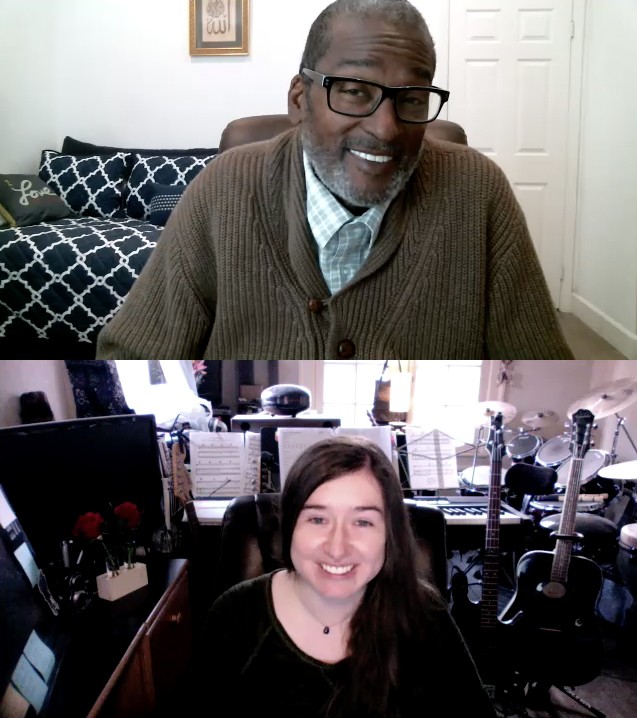
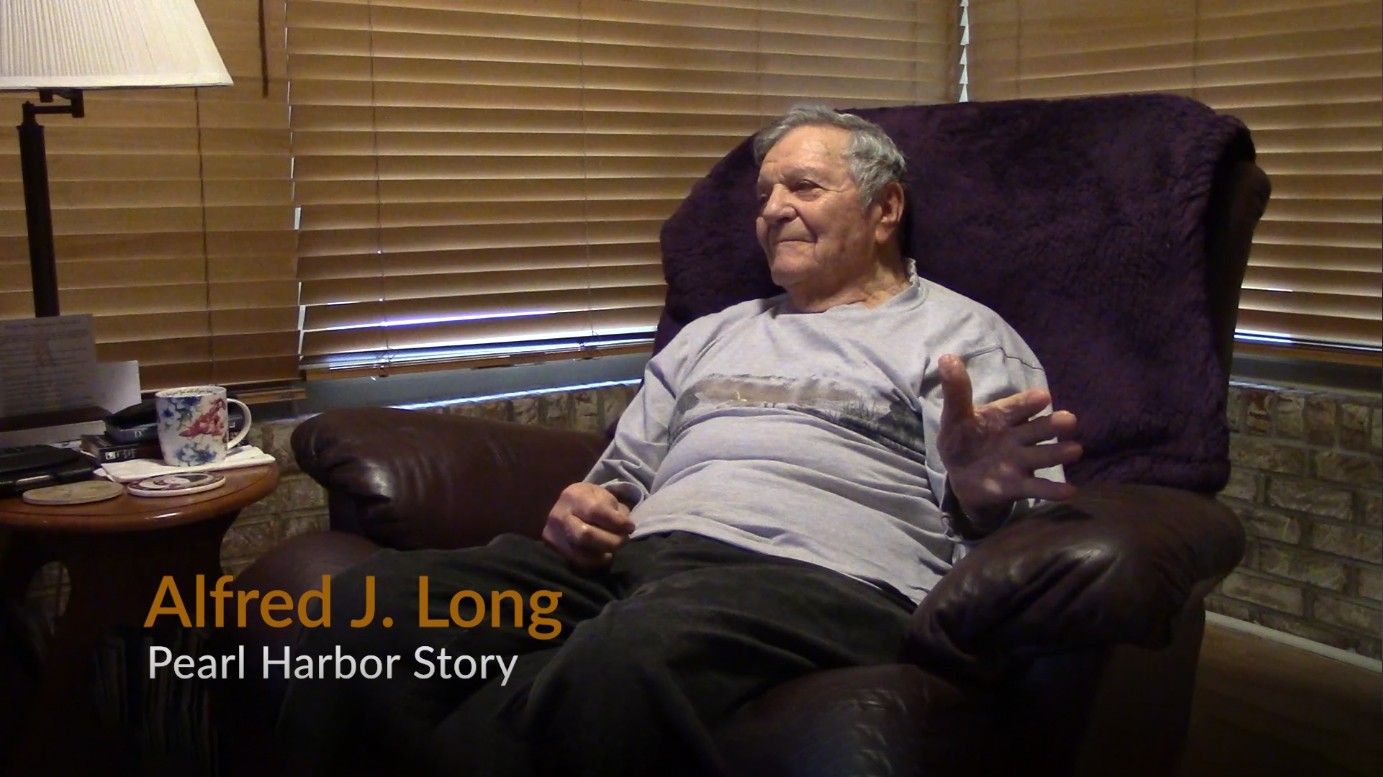
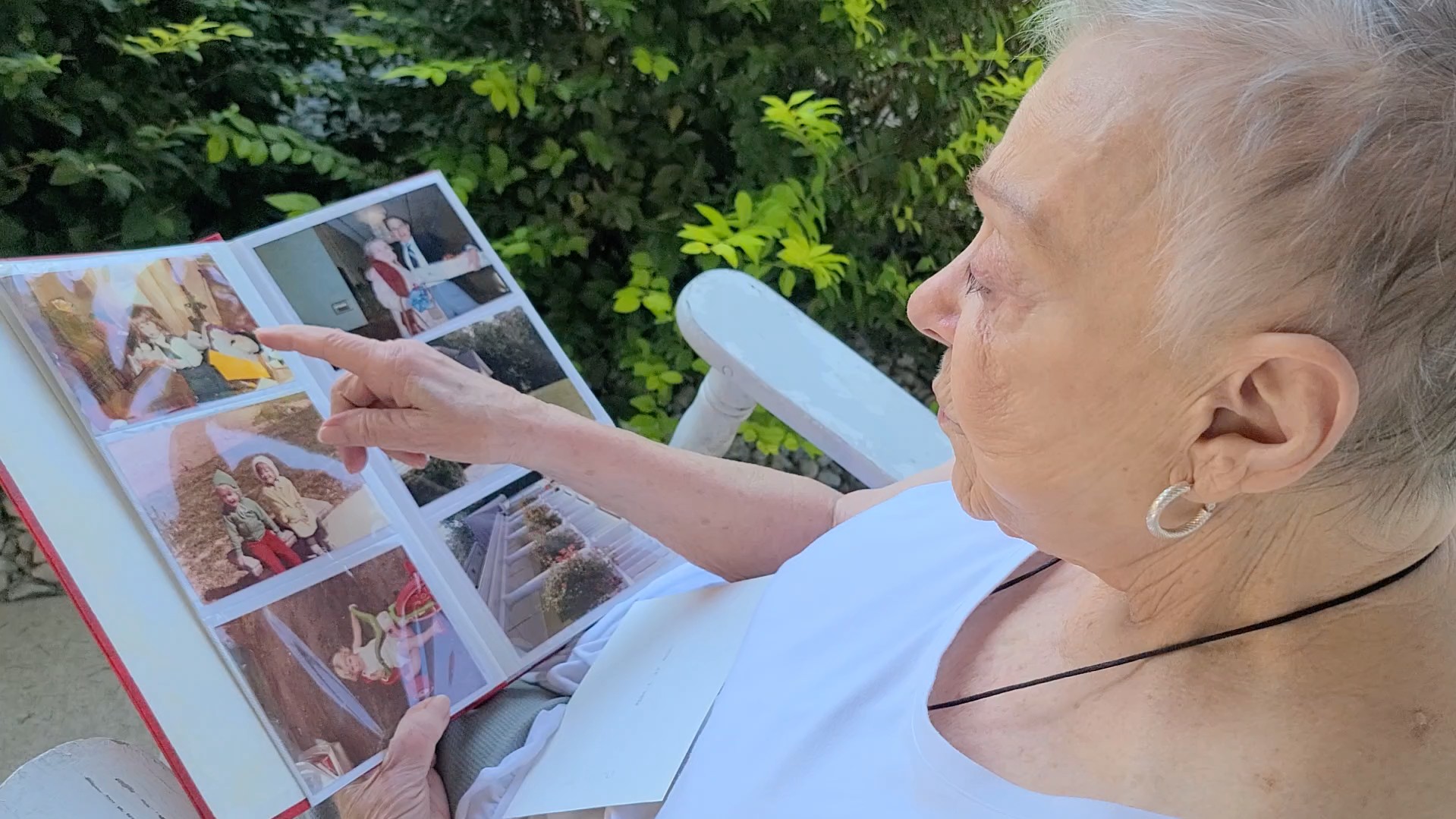
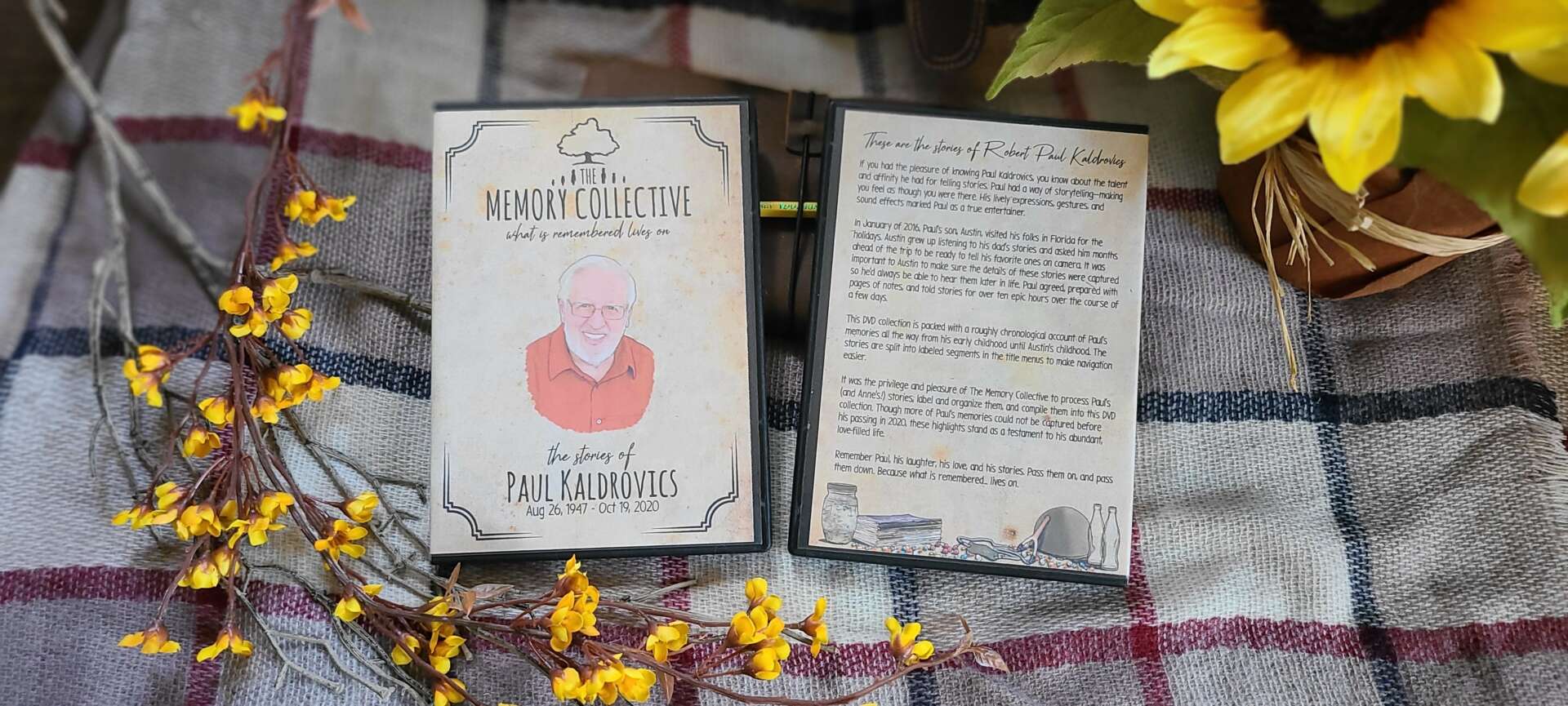
Looking back, are there any resources you wish you knew about earlier in your creative journey?
I think it’s pretty famously known that creativity and mental illness often go hand-in-hand. My life has been no exception. I’ve struggled with anxiety, depression, perfectionism, OCD tendencies, and undiagnosed ADHD for as long as I have obsessively written, drawn, sculpted, and been a creator. Which is to say, my whole rememberable life. There’s been a lot of beauty in the creativity side, and a lot of darkness on the mental health side. I used creativity and therapy as tools to help cope with the mental health, but it always seemed to relentlessly come back.
When I was at my worst period of depression in 2018, I was working at a job that was crippling my confidence and self-worth. Some of the people there were emotionally abusive. The company culture was toxic. And though I desperately wanted out, I didn’t feel qualified to flip burgers at McDonalds. Leaving there was, ironically, one of the hardest things I ever did. Not because I wanted to stay, but because I felt like I had nowhere to go. I was jumping from the frying pan into an unknown abyss where I didn’t know where or when the landing would be.
It was the best decision I ever made. And the thing that finally helped me make take that leap of faith was when I found Mindset work. Mindset might mean a lot of things–but the form I studied was rooted at the intersection of neuroscience, psychology, and non-denominational faith. I started out reading “You Are A Badass” by Jen Sincero which helped me see everything in a different light. Then “Everything Is Figureoutable” by Marie Forleo, which gave me so much motivation (especially seeing another multi-passionate woman doing everything and not being smushed into a limited box of one skill and one career). And then I found David Bayer’s seven-day “Mind Hack” program–which, I might add, I was guided to by a practice transcript of an unknown dude talking about something called neurosculpting, after I’d left that toxic job and was studying to become a transcriptionist because it was the only thing I felt just qualified enough to do. I’d jumped from the frying pan into the unknown abyss with faith that I would find something meaningful and impactful to do with my life; found transcription like a rope tossed down to me from above, having no clue where it would lead; and upon climbing, found this Mind Hack program, which led me to a conference I never thought I’d attend, where I told the very first person about my idea for The Memory Collective, who asked how much it was because she wanted to buy.
The resource I wish I’d known about earlier in my creative journey? Mindset. The mindset of trusting my own intuition. The mindset of realizing that the patterns of thought in my head causing my mental illness were being caused by limiting beliefs, and that these beliefs were decisions I’d unconsciously made, which could be changed any time I decided to. (That’s what David Bayer’s Mind Hack program teaches, anyway.) If I’d known about mindset work earlier in life, I would have had the tools I needed to use my brain for the amazing technology that it is, instead of letting it hold me hostage in misery. Don’t get me wrong–I still have hard mental health days. But I also understand what’s causing the hard days, know what I need to do to course correct, and that makes all the difference. I could not do what I’m doing now with The Memory Collective or hope to achieve everything that I want to without the resource of Mindset.
Contact Info:
- Website: www.thememorycollectiveco.com
- Instagram: @karalongstories @thememorycollectiveco
- Facebook: https://www.facebook.com/TheMemoryCollectiveLLC (business page) https://www.facebook.com/groups/1292626967767500 (TMC Group, which is also just a placeholder)
- Linkedin: https://www.linkedin.com/in/karalong/
- Youtube: https://youtube.com/@tmcstories
- Other: Here is a free resource people can have to learn how to facilitate a conversation with a family member about Recorded Oral Storytelling: www.thememorycollectiveco.com/starter-guide TikTok: @tmcstories Also, just a general note: Most of my clients come from referrals and networking. While I do WANT to have a social media presence, it’s a full-time job, and (perfectionist here) I want to do it the right way. Which is to say, I need to have a plan and time to be consistent at it. And with that said, essentially all of my social media accounts are placeholders. I am not actively posting to them (yet). But! If people are cool thinking of “following” TMC like pre-ordering a book they want to read when it comes out, then I would happily encourage people to follow me. :)


